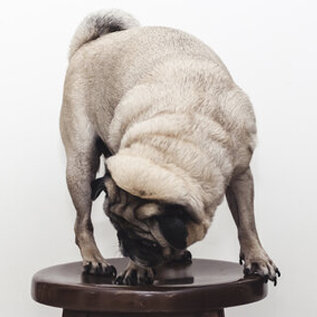Regular muscle therapy will benefit every dog: puppies, performance dogs, show dogs, companion dogs, post-partum bitches. Many of my clients see the benefits of providing preventative care proactively. Regular visits will also ensure early detection and prompt attention to any muscular dysfunction before it becomes an issue. Our ultimate aim is to improve a dog’s health and lifestyle by increasing flexibility and alleviating pain. Below are some of our clients and the common issues we deal with:
ARTHRITIS, HIP & ELBOW DYSPLASIA
Have you noticed your dog slowing down? Is your dog stiff or sore during or after exercise? Are they reluctant to participate in activities that used to make them happy?
A dog’s bones are held together with muscles, tendons, and ligaments. About 80 percent of a joint’s protection comes from the stabilizing ability of the muscles and tendons (tendons link muscle to bone); whilst ligaments (the tissue linking bone to bone) contribute only about 20 percent. So to keep your dog comfortable, it is important that their muscles are in good shape to support the degeneration and inflammation in the joints.
The therapy itself will not cure arthritis or dysplastic joints. It provides relief from pain by targeting the stiff muscles that place unnecessary pressure on the already stressed joints. Our therapies relax the stiff muscles and restore the dog's range of motion.
PUPPIES
Puppies injure very easily. Their muscles aren’t fully formed yet and they tend to overexert themselves wrestling with each other. Overexertion of a muscle can cause a tear or stretch the muscle too far.
Muscle sprains are one of the more common injuries seen in puppies. Rough-housing and trauma are the main cause of most muscle sprains in puppies. Regular treatments will detect any muscular issues before they become an issue.
We will treat any muscular issues before they cause a permanent imbalance. This is especially important for large and giant breed puppies who go through rapid growth spurts.
Start a muscular maintenance and conditioning program early in your dog’s life so that you can enjoy many more walks and outdoor activities with them well into their golden years.
PERFORMANCE DOGS
Show, agility, retrieving, dock dogs - muscle therapy will enhance the performance of dogs competing in any sport. The bodies of dogs in competitive sports must function at peak level like an elite human athlete.
Regular muscle therapy, ‘tune-ups’ and conditioning exercises will keep their bodies fit and balanced; and should form an important part of their exercise and recovery program. Canine sports injuries are increasingly common (usually because athletic dogs tend to overwork muscles), but there is much you can do to reduce the risk of your dog getting hurt, needing surgery, or having to retire from competition.
COMPANION DOGS
Dogs who slip, slide, run into things and roughhouse with other dogs are prime candidates for muscular injuries. The injuries aren’t always obvious. Dogs are stoic creatures and are very good at hiding injuries. As a result, we seldom realize that dogs are in pain until the damage is serious. Left unchecked a small injury can morph into something more serious.
Take a proactive approach - don’t wait until your dog shows obvious signs of lameness. Regular appointments will detect any muscular issues before they become an issue.
POST-PARTUM BITCHES
During the prenatal period physical and hormonal changes occur which can affect the musculoskeletal system. These changes include altered posture, shortened muscles, potential muscle imbalances, as well as changes in spinal mobility and bony alignment. Despite these bodily changes I do not recommend that pregnant bitches have any muscular treatment in the first and third trimester. Muscular treatments can begin in the postpartum phase.
Similar to the prenatal period, during the postpartum phase, physical and hormonal changes can affect the musculoskeletal system. Atrophied muscle, spinal imbalances and weak core muscles are common physical states in the bitch after whelping a litter. Speak to us about restoring balance to your bitch's musculoskeletal system and a conditioning exercise program to rebuild your bitch's body and help her stay strong and healthy.






